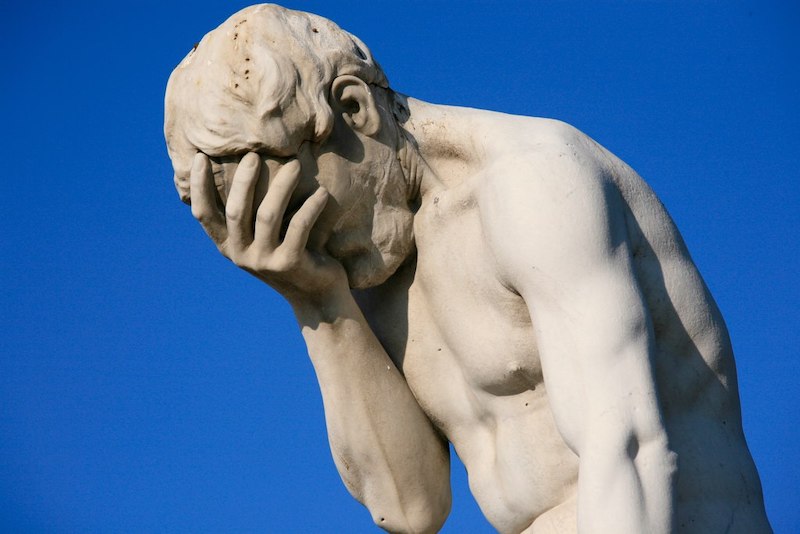It’s the oldest trick in the political book: find a wedge issue, convince people you’re their advocate on that issue, and demonize the other side. As a politician, you can rise to the top of your party this way. This is why our nation and our politics are dysfunctional: our politicians want us to hate each other.
In ancient Rome, the phrase “bread and circuses” referred to a general policy of keeping the population fed and entertained so they’d pay no attention to the affairs of state. In today’s America, we are fed hate (and often outright lies), and the circus parade is mass media and social media, where the hate and lies get magnified.

Meanwhile, attention to the wedge issues solves absolutely nothing of substance. Our wealth disparity is worse than ever, our climate is still deteriorating, our children are being killed by guns in their schools, our healthcare, prescription costs, and education cost more than ever, and we have external enemies who would like nothing more than to see the United States wiped off the map.
Instead, we turn on each other and do the work of those enemies while they sit back and enjoy the show. Let the popcorn keep coming. They are laughing hysterically that we may implode from our own divisiveness than explode from any external attack. “See,” they tell the world, “this is what democracy hath wrought.”
The worst of this nonsense is coming out of Florida in the person of Ron DeSantis, who never misses an opportunity to vilify people who disagree with him about history, morality, or policy. Last year he stood on a stage with his supporters and proudly announced he was busing migrants to other states because he couldn’t solve the problem on his own. The moment stank with the sense that he was “owning the libs.” Now he is positioning himself as the champion of everything anti-woke, which includes being against history he doesn’t want to hear or about LGBTQ+ people that he seems to be hung up on. And so his entire raison d’etre is about “owning” these groups because he has nothing else to offer.
This notion of “owning” the other side is not only stupid, it’s harmful. It sure ain’t leadership; it’s grandstanding and division. Instead of unifying us, politicians like DeSantis make it a primary mission, a point of pride, to distinguish themselves by owning the other side. They invariably score political points with their bases, who are thrilled they have representatives who own the other side. Our politics seem to have been transported to a place where the winners are measured by how much they own their opponents, either in their own party during the primaries or especially in general elections. It’s government by zinger.
Leaders don’t do this. There’s a fundamental difference between politicians and leaders: politicians divide and leaders unite. Politicians exploit divisions in order to rile up their bases, while leaders find ways to overcome those divisions. Leaders say things like “Keep calm and carry on” or “We got this” or, in the case of FDR, “We have nothing to fear but fear itself.” Politicians say things like “Don’t say ____,” or they ban schools and libraries from teaching and learning about other people, other viewpoints, and, here in the U.S., other Americans. Ron DeSantis doesn’t have “nothing to fear but fear itself”—he has nothing but fear, and he feeds into it wherever he sees an opportunity to demonize people and make them lesser.
Are your neighbors like this? Are your co-workers like this? Would a leader get far in corporate America by constantly looking for ways to shame or demean half the company to the benefit of the other half? Only in politics do we allow this type of division to go rampant, instead of measuring our wannabe leaders by how much they work to unite us.
I think the key to overcoming our bad politics is to recognize the politicians who play by this blame-game playbook, on either side, and to distinguish them from people who present actual ideas to improve our lives. This solution also involves recognizing that nobody in your circle—not your family, not your co-workers, not your PTA, not your kid’s sports team, not your fellow worshippers, not your sewing circle or fantasy football league, and not much of anyone else—would get very far with this constant blame game. Only in American politics.
It’s on us to say to such people, “No, you don’t represent me.” These people may think they’re leaders, but they’re leading us down a very dark path. We shouldn’t see other Americans as the enemy. Especially with more guns than citizens, it becomes a toxic brew.
It’s time to own the dividers.

